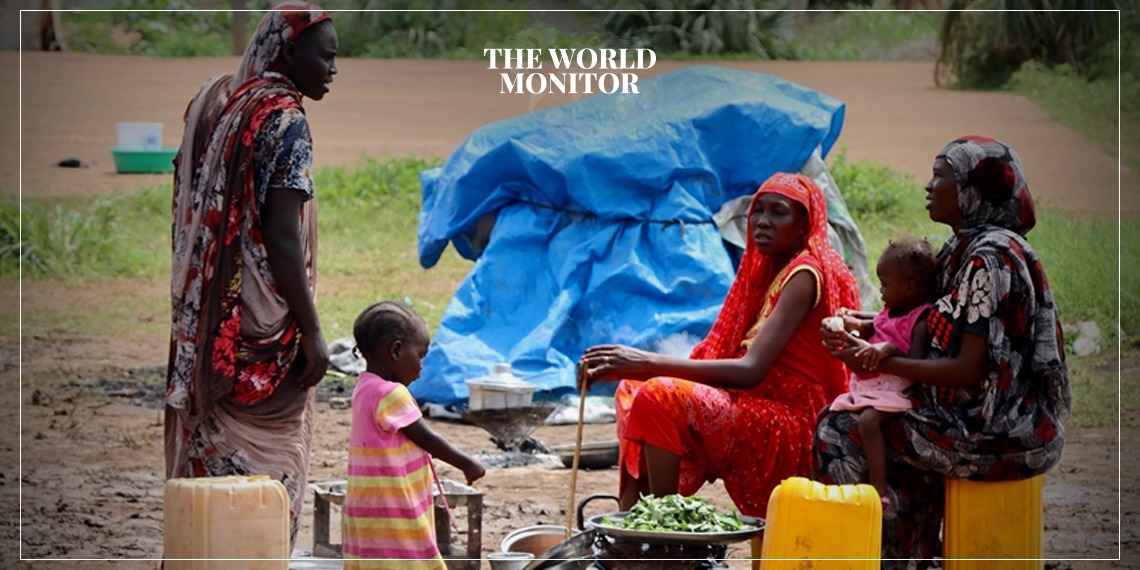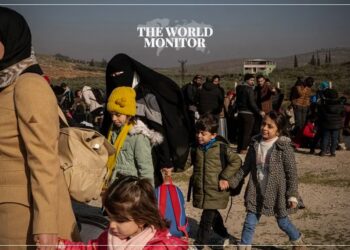The United Nations, in a concerted effort to bolster underfunded humanitarian operations, has committed a hefty sum of $125 million.
The Emergency Relief Coordinator, Martin Griffiths, made this announcement today, earmarking the funds from the UN Central Emergency Response Fund (CERF) to benefit 14 countries across Africa, Asia, the Americas, and the Middle East. Afghanistan and Yemen are at the forefront of this initiative, each receiving a substantial allocation of $20 million.
The UN Office for the Coordination of Humanitarian Affairs (OCHA) stated that this allocation would place particular emphasis on engaging those directly affected by crises in the humanitarian decision-making process. This recent influx raises the total emergency fund support through underfunded emergency windows to over $270 million for the year. It marks the highest annual amount ever allocated, benefitting a record number of countries.
This underlines the stark surge in humanitarian needs and highlights the fact that regular funding from donors is not keeping pace.
The allocation from the UN’s Central Emergency Response Fund seeks to extend humanitarian aid in some of the world’s longest-standing and most overlooked crises. Apart from Afghanistan and Yemen, funds will be directed to Burkina Faso ($9 million), Mali ($8 million), Myanmar ($9 million), and Haiti ($8 million). The allocation will also support refugee operations in Bangladesh ($8 million) and Uganda ($6 million).
Moreover, the funding will cater to Venezuela ($8 million), the Central African Republic ($6.5 million), Mozambique ($6.5 million), Cameroon ($6 million), the Occupied Palestinian Territories ($6 million), and Malawi ($4 million).
In a poignant remark, the UN’s Humanitarian Coordinator, Martin Griffiths, stated, “It’s a harsh reality that relief agencies, in many humanitarian operations, receive scant funding just when the needs of the people compel them to expand their outreach.”
He further noted that in 2023, global funding requirements exceeded $55 billion to support 250 million people affected by conflicts, climate crisis repercussions, natural disasters, disease outbreaks, displacements, and other crises. Faced with these unprecedented needs, less than 30% of the required funding has been secured.






